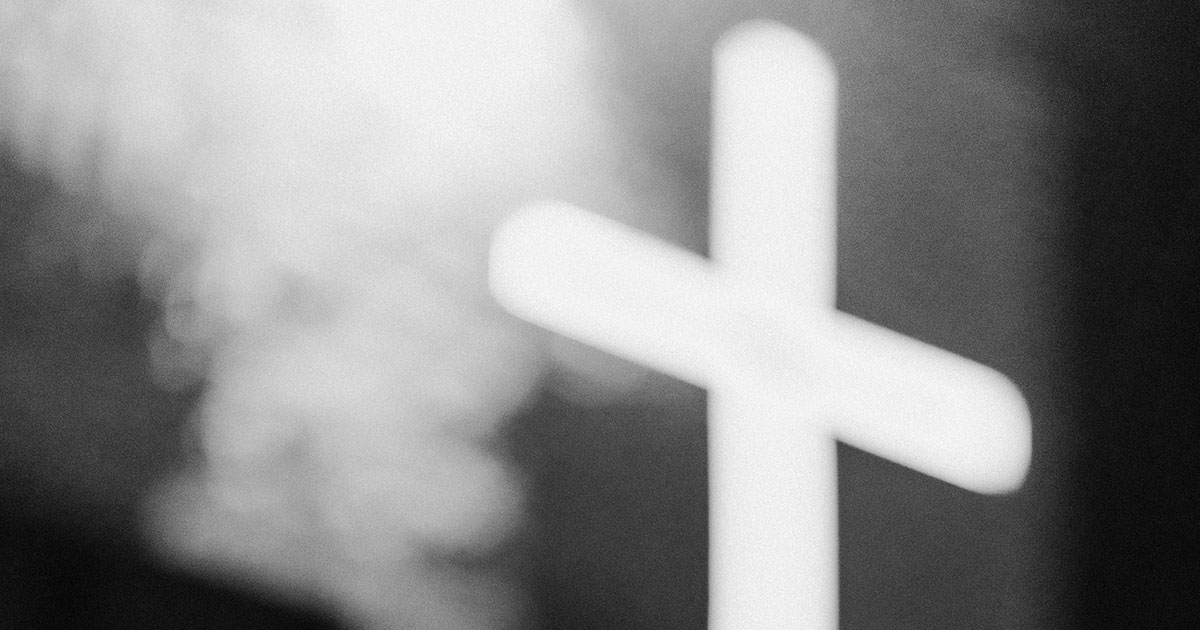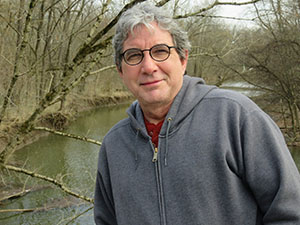HEAD ABOVE WATER
★ ★ ★ ★
A QUEST FOR MEANING

Image by Keem Ibarra
By Tim Clark
I was raised Catholic. Things got a little weird, definitely criminal and possibly evil, so I ended up leaving the church. It hasn’t really affected my faith. I still believe there is a deeper meaning, some bigger reason we’re here, I believe, or at least I hope it isn’t all left to chance. There has to be something more. I stopped believing in Catholics, though. They probably stopped believing in me, too, so no great loss for either of us.
I was never comfortable with the whole confession – penance barter either. It always made me a little squeamish having to tell someone, a paid representative of the Good Lord, my sins. He would mete out a suitable punishment, which was always a combination of Hail Marys and The Lord’s Prayer. To make matters even worse, I never really paid much attention to my sins until it came time to confess. Then I was in a bind. There were lies, always; stealing, occasionally; murder, never; taking the name of the Lord in vain, probably (the late sixties and early seventies were heady times, after all). I needed a laminated, printed card of the Ten Commandments, so I could have a guide. I could have just given the priest the number, “give me a 2, a 7, and a 10. Make that a couple of 7s and, well, I’m not sure how many 2s. Better make it 15 or 20.” I never suggested this, as the Catholic Church is not open to lighthearted innovation. They are mired in generations of tradition and rigid hierarchy. It is hard to thwart the inertia of all that history.
I do like the idea of religion. I love the ceremony. And I love Catholic churches. Stained glass depictions of momentous events; the Crucifixion, backlit with the morning sun; The Holy Mother, with a celestial glow, staring beatifically at her flock. Tall, ornate columns holding solid wooden beams that arch almost to the heavens. Everything clean and sparkling with a polished, almost divine glow. Long, straight rows of wooden benches (pews, to the faithful) waxed to a mirror-like perfection. There is some comfort to be found in solemn ritual. I kind of miss that.
I’ve tried a few different services at different faiths over the years. Normally as a sop to someone else. Most of them had more of a pop musical feel. Katrina and the Waves perform the Gospel of Matthew. Just to be clear, I like Katrina and the Waves, and the Gospel of Matthew, particularly “Walking on Sunshine” (K and the W) and “Blessed are the meek for they shall inherit the Earth” (G of M 5:5). Both have an undeniable feelgood tone.
It was always theater with a band, guitars, bass guitar, drums, and a full-throated, faith-filled singer telling us how much God loves us. Lights flashing a rainbow of colors across the ceiling, chasing up and down the walls, illuminating every corner, like searchlights. There was no place to hide; it made me feel hunted, alone, despite the crowds. A minister would tell us how to get to Heaven, and it was almost always a simple message of being faithful. It didn’t require a lot of sacrifice, just faith. They seemed to have traded in the fire and brimstone for a modern, easily digestible approach. Followed by more upbeat music. Diet Salvation?
Somehow, it didn’t seem spiritual, not to the standards I remembered. I wondered what Saint Peter, the Fisherman, would have thought.
For someone who spends so much time defending my lack of faith I spend an inordinate amount of time reading about religion, thinking about religion. I used to chalk it up to a disturbed curiosity, a weakness for history.
But the simple truth is we all need something to believe in.
I read once that the people of The Dark Ages (now called the Early Middle Ages, it’s a lot less judgmental, though probably no more accurate) longed for the old days, not because they felt it was so wonderful but because they thought “certainly things couldn’t have always been this bad.”
Religion supplies hope in the other direction. There is something to look forward to. I am terrified at the thought of living in a universe without meaning. There must be more.
We get up every morning, we trudge off to work, unless we’re lucky enough to find ourselves in the glorious escape of the weekend. When you have to mow the lawn, trim the hedges, dig weeds, vacuum, wash clothes, and try to remove the endless dust the ages have deposited on everything you own, you can almost feel the weight of the centuries as you sweep and wipe and polish. “From dust you are and to dust you shall return.”[1] And you will deal with it every step you take from the cradle to the grave.
And our reward is retiring, if we can scrape together enough money. Assuming we don’t waste it all by coming down with some prolonged illness, or our house doesn’t consume most of it by developing an expensive case of termites. Of course, we have to rely on the honesty of investment brokers who control our retirement accounts. And this offer is only valid if we don’t destroy the atmosphere in our unwholesome quest for comfort or incinerate everybody in a nuclear exchange fueled by the same insanity that has gripped so many rulers (including, for millennia, religious leaders) throughout the long, bloody history of humanity.
There has to be more. This can’t be all there is. But maybe I’m dreaming, maybe this is it. Either way, I have to go mow the lawn, and the bed isn’t going to make itself. Just between you and me, though, there is something deeply fulfilling in a freshly mowed lawn, and a good night’s sleep between neat, crisp sheets can be almost heavenly.
[1] Genesis 3:19

Tim Clark lives in Columbus, OH. He is an employee, a husband, a father and a blogger. You can see his blog here, Life Explained. He loves classic rock, and talks about it too often. He loves to write and read, and he doesn’t mind coffee and a little bourbon, either.
























Love this.